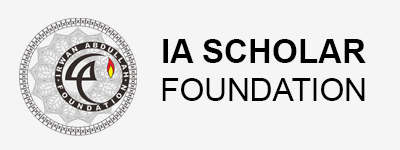
 e-ISSN: 2656-7369 p-ISSN:1412-5439
e-ISSN: 2656-7369 p-ISSN:1412-5439
sidebarmenu
TEMPLATE FOR AUTHOR
MAIN MENU
Aims, Focus And Scope Publication Frequency Author Guidelines Publication Ethics & Malpractice Statement Review Guidelines Screening Plagiarism Open Access Policy Peer Review Process Publication Fee Archiving Policy Download Files Copyright and License Retraction & Correction Indexing









